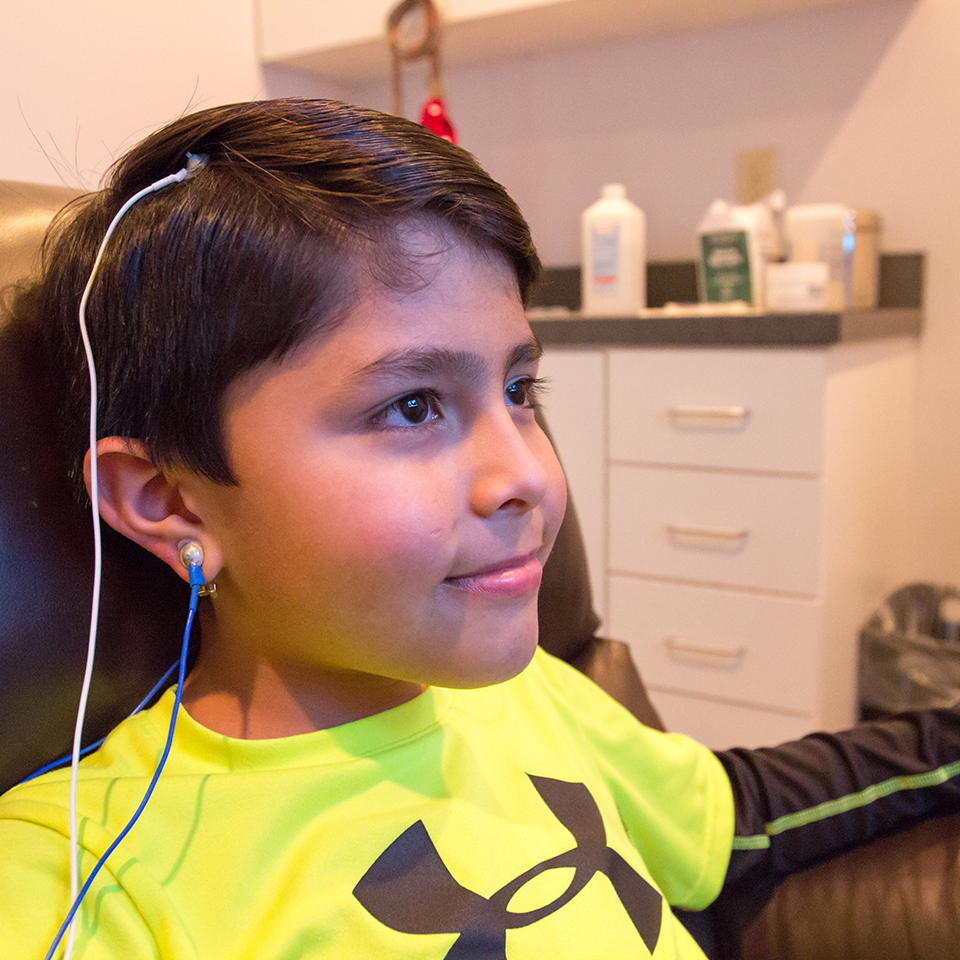qEEG works by applying small sensors on the scalp to record neural signals. These sensors measure neural impulses produced by nerve cells, the units in the brain that communicate with each other. The information collected is then processed and presented as a set of waveforms. Each type of neural wave—such as α, β, δ, and theta—corresponds to various mental conditions and activities. For example, α oscillations are often linked with relaxation, while beta oscillations are associated to active thinking and problem-solving. By examining these trends, healthcare providers can identify abnormalities that may indicate psychological health issues.

One of the significant benefits of qEEG is its capability to offer objective data. In contrast to conventional assessments that rely on subjective reports from clients, qEEG offers a distinct picture of brain function. This clarity can assist minimize biases in diagnosis and lead to more precise intervention strategies. For instance, if a patient is facing anxiety, qEEG can reveal specific trends of neural function that are linked with anxiety disorders. This information allows mental health experts to customize treatments more effectively, whether through therapy, medication, or alternative approaches.
Additionally, qEEG can be especially beneficial in tracking treatment progress. By conducting qEEG assessments at different points during treatment, clinicians can track changes in brain function over period. This continuous assessment assists ascertain if a intervention is working or if modifications are required. For instance, if a client is not reacting to a specific treatment, qEEG may indicate that their neural function has not altered in a manner that suggests progress. This response cycle can result to more personalized and effective psychological health care.
In conclusion, qEEG brain mapping is a powerful tool in the field of mental health assessment. By providing objective read this post here data about brain activity, it enhances the understanding of various psychological health disorders. This method not only assists in precise assessment but also assists in tracking treatment effectiveness. As mental health experts persist to investigate the capabilities of qEEG, it possesses potential for enhancing the well-being of people dealing with psychological health challenges. With ongoing research and advancements in technology, the mysteries of the mind may become more apparent, resulting to better results for those in requirement of support.